OPINION – Blade Runner, a cornerstone of the cyberpunk genre, has always raised interesting questions about the boundaries of human existence and artificial intelligence. However, director Ridley Scott added a retroactively inserted twist that seems to question the original interpretation of the film and somewhere misinterprets the essence of Philip K. Dick’s novel.
Blade Runner is a film that poses serious questions about the boundaries of human existence and artificial intelligence. Deckard, the protagonist played by Harrison Ford, is a detective who hunts replicants and who increasingly doubts his own humanity as the story unfolds. One question, however, continues to divide viewers and critics: is Deckard himself a replicant?
To Err is Human
This question has been debated for decades. The film’s director, Ridley Scott, emphatically claims that Deckard is a replicant, while Harrison Ford, the actor who played the character, initially believed his character to be human. However, Ford later confirmed in a recent interview that Deckard is indeed a replicant, saying he played the character as such but added that the character always wanted to believe he was human.
The question of whether Deckard is an android or not has caused a lot of debate over the decades in Blade Runner, directed by Ridley Scott. One of the film’s main threads is the tension between artificial intelligence and free will, and this question is integrally connected to that theme. Over the time elapsed between the original film and the 2049 sequel, the director and the main actor, Harrison Ford, have commented on the topic several times, representing sometimes contradictory positions. In his latest statement, Ford answered the question: “Ridley Scott says yes, he is definitely a replicant [Deckard], but I seem to be less sure about this. [Actually] I always knew I was playing a replicant. I simply wanted this to be less obvious. I think a replicant wants to believe they’re all human. Or at least this one wanted to”
The Unicorn Who Came From Another Film
The whole “Is Decard a replicant?” theme came to the fore when Ridley Scott inserted a unicorn dream scene cut from another one of his films into later director’s and final cuts of Blade Runner. In Blade Runner, Deckard has a dream featuring a unicorn, which carries significant symbolic meaning about the character’s identity. The dream appeared in the director’s cut of the film, and many believe it to be further evidence that Deckard is a replicant – this logically ties into another scene (which was also in the first version) featuring Gaff, Deckard’s fellow bounty hunter.
At the end of every version of the film, Gaff leaves an origami unicorn for Deckard, which could suggest that Gaff knows Deckard’s true identity. This is important because Gaff could only know Deckard’s dream if Deckard is also an android, thus the origami unicorn might suggest that Gaff is aware of Deckard’s replicant nature and his personal dreams.
However, while it initially (when I first saw the director’s cut, ten years after the first version) seemed like a massive twist and revelation to me, retrospectively (especially as Scott has released a new cut and continually tiresomely rehashes and closes off the originally deliberately mystically left open question) the whole thing somehow feels like a cheap Hollywood gimmick that was a shame to overuse – particularly in light of film plots produced over the past few decades. Why? I have two answers for that…
It Wasn’t in the Original Novel
The original novel, Philip K. Dick’s “Do Androids Dream of Electric Sheep?”, does not actually raise the question of whether Deckard is a replicant. In the novel, Philip K. Dick provides a much deeper interpretation of the entire issue: throughout the plot, the author explores the nature of human existence and human consciousness in the context of replicants, or androids endowed with artificial intelligence. Deckard, the protagonist of the novel who is unequivocally portrayed as human, hunts replicants, and over the course of his mission, he gradually confronts the blurring boundaries between his own humanity and that of the replicants.
During Deckard’s personal journey in the novel, questions arise such as the nature of human emotions, memories, and free will. Replicants can mimic human emotions and program human memories, raising the question of what makes a human, human. How important are emotions and memories if they can be artificially produced?
Another crucial theme of the novel is the question of identity. If replicants can experience the same emotions and memories as humans, then what is the difference between them and humans? This question also becomes relevant for Deckard as he increasingly identifies with the replicants.
Dick’s work is therefore much more than a simple sci-fi story. It raises deeply philosophical questions about the nature of human existence and forces us to reevaluate our own humanity and the significance of consciousness, emotions, and free will.
It’s become a clichéd plot twist
Over the past decades, the twist that the protagonist is also a cursed, almost hidden character until nearly the last moment, has become almost clichéd. For example, in the series Twin Peaks made in the nineties, at the end of the second season, it is revealed that Dale Cooper (or one version of him) has also become part of Bob’s dark entity. Films and series often use such twists to surprise viewers, often revealing at the last moment that the hero is not who he appears to be. However, these twists have been used so many times that they are starting to lose their impact, and instead seem clichéd and predictable, rather than surprising. In contrast, the original “happy end” of Blade Runner and the depressive but not “twisty” ending of Dick’s novel may seem almost fresh and original in today’s Hollywood film world, overloaded with cliffhangers and shocking (or intended to be so) endings.
Do replicants dream of directorial decisions?
The original Blade Runner and Dick’s novel prompted deep thinking about the nature of artificial intelligence and human existence. However, Scott’s decision to insert a new element and impose on viewers his idea that Deckard is a replicant distorts the original message of the film and jeopardizes the essence of the novel. The success of the film lies not in twists and turns, but in the profound questions it raises in the viewer. Introducing a twist, like Deckard’s status as a replicant, only distracts from the original questions and becomes a clichéd twist in a complex and profound story. The original questions – what makes a human human, the nature of identity and emotions – are much more important and timeless than a recycled Hollywood twist.
-BadSector-

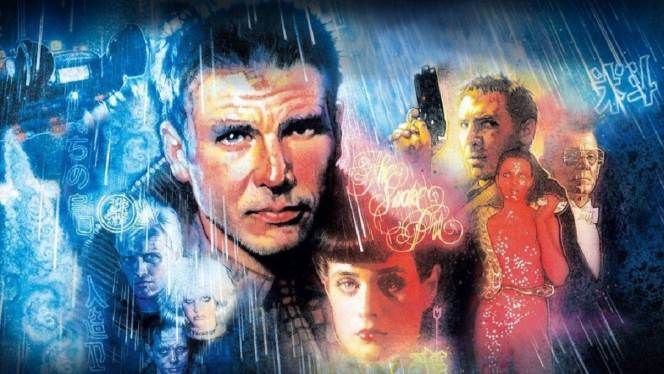
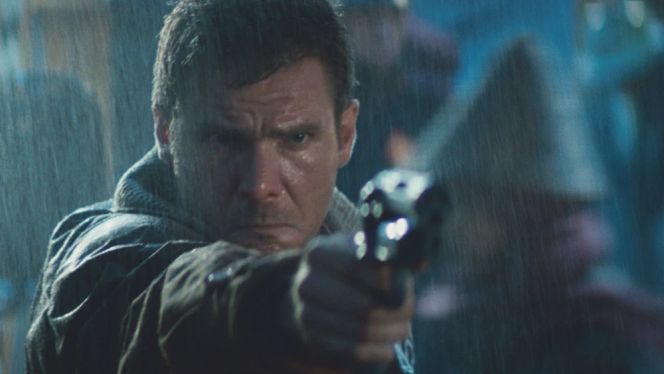
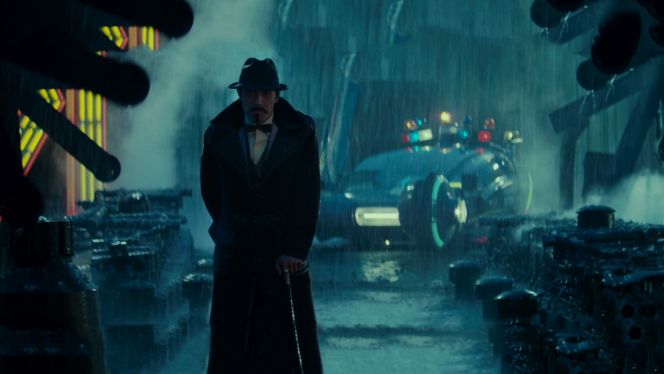
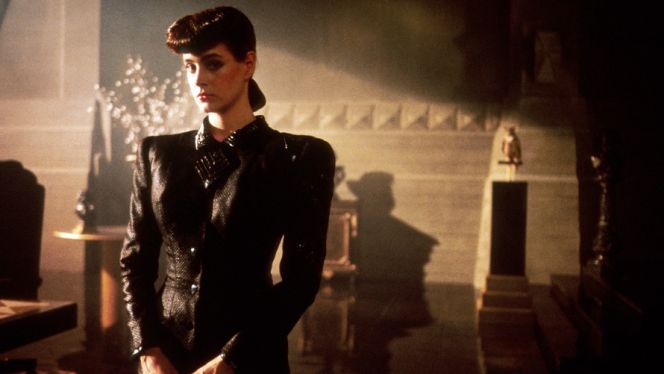
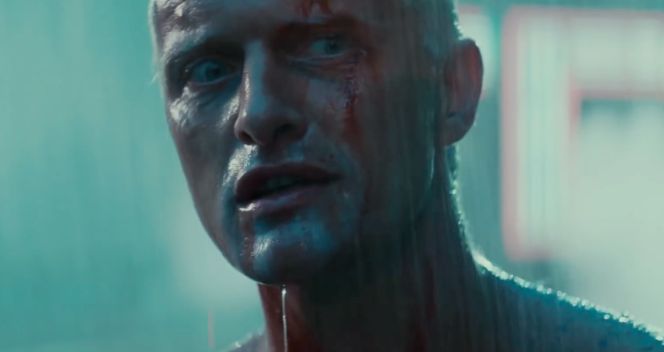




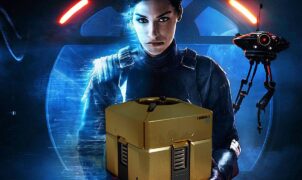

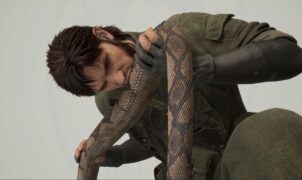
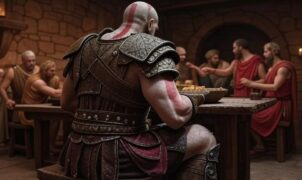

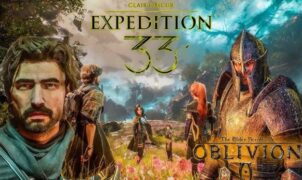
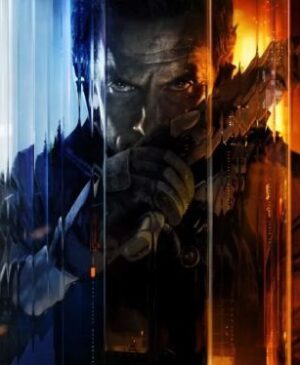
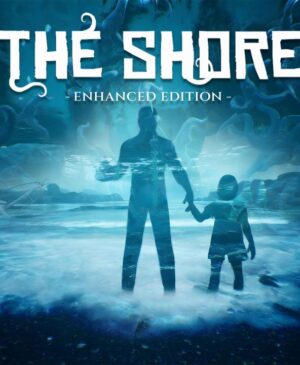
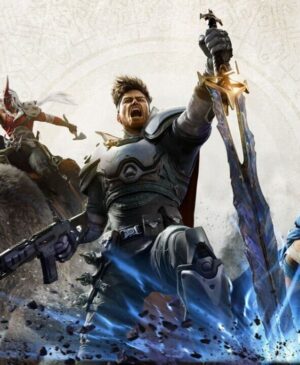
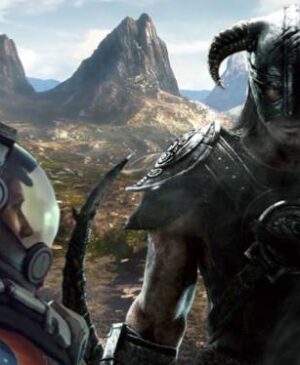
Leave a Reply